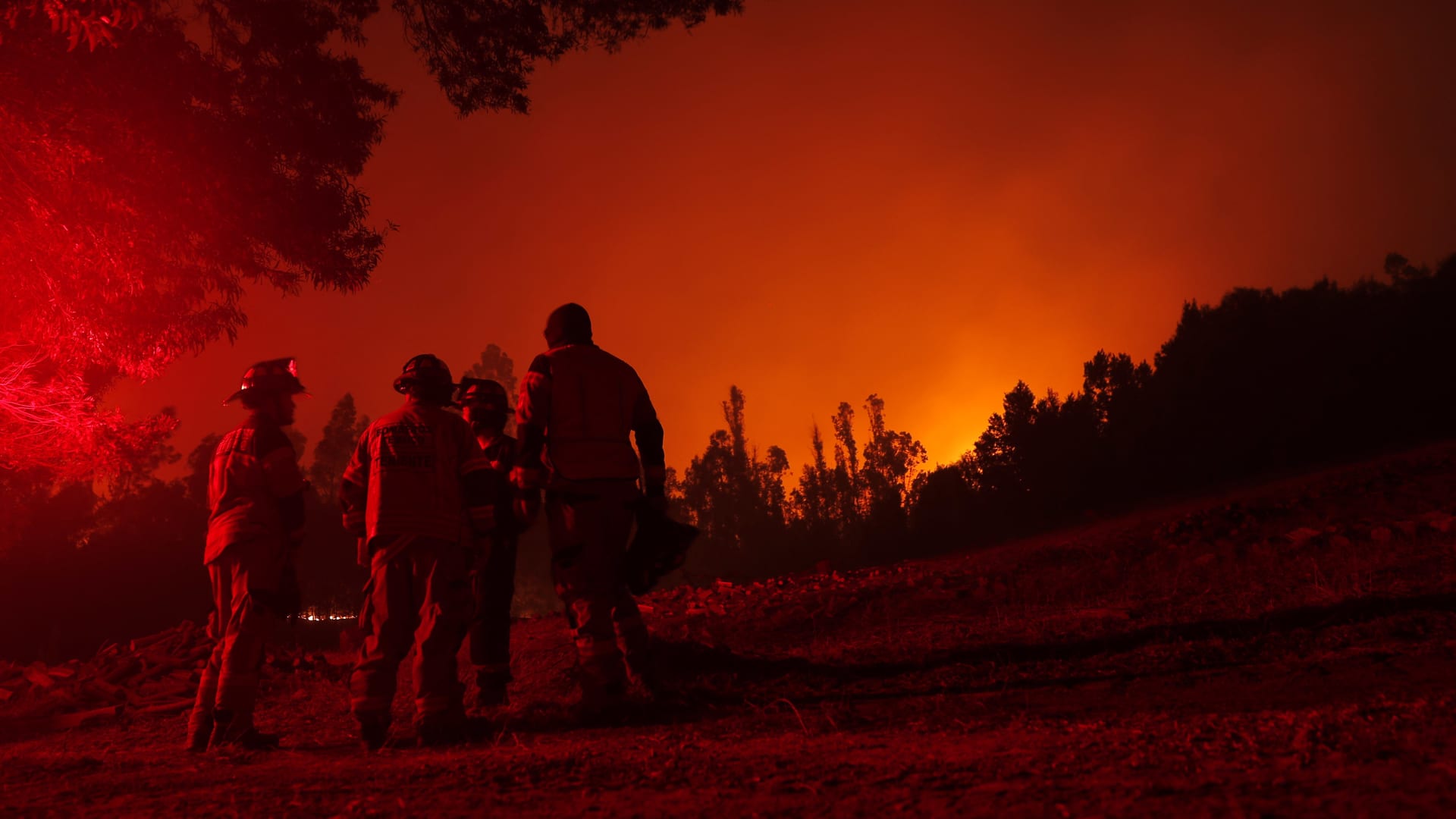Greece has been struggling with forest fires that could not be controlled for 10 days on July 27, 2023 in Rhodes, Greece.
Dia Images | Getty Images News | Getty Images
Scientists on Tuesday confirmed 2023 as the hottest year on record and warned that the planet is now within touching distance of smashing through the critical warming threshold of 1.5 degrees Celsius.
The European Union’s Copernicus Climate Change Service (C3S) said 2023, a year in which one researcher described temperature anomalies as “absolutely gobsmackingly bananas,” was the warmest calendar year in global temperature data stretching back to 1850.
The 12-month period ended with a global average temperature of 14.98 degrees Celsius, almost 0.2 degree Celsius higher than the previous record set in 2016.
Extreme heat is fueled by the climate crisis, the chief driver of which is the burning of fossil fuels.
Scientists at C3S said 2023 was the first time on record that every day within a year surpassed 1 degree Celsius above the preindustrial reference period of 1850 to 1900, while nearly 50% of days were over 1.5 degrees Celsius.
What’s more, the EU’s climate change service said two days in November were found to have surpassed 2 degrees Celsius for the first time ever.
Samantha Burgess, deputy director of C3S, said in a statement Tuesday that 2023 was “an exceptional year with climate records tumbling like dominoes.”
The findings come after repeated warnings in recent years about the likelihood of the world climbing above the aspirational goal of the landmark Paris Agreement.
The 2015 accord aims to “limit global warming to well below 2, preferably to 1.5 degrees Celsius, compared to pre-industrial levels” and calls for countries to take concerted climate action to reduce greenhouse gas emissions to limit global warming.
The importance of the 1.5 degrees Celsius threshold is widely recognized as an indicator of the point at which climate impacts become increasingly harmful for people and the planet.
The world has already warmed by around 1.1 degrees Celsius after over a century of burning fossil fuels as well as unequal and unsustainable energy and land use. Indeed, it is this temperature increase that is fueling a series of extreme weather events around the world.
